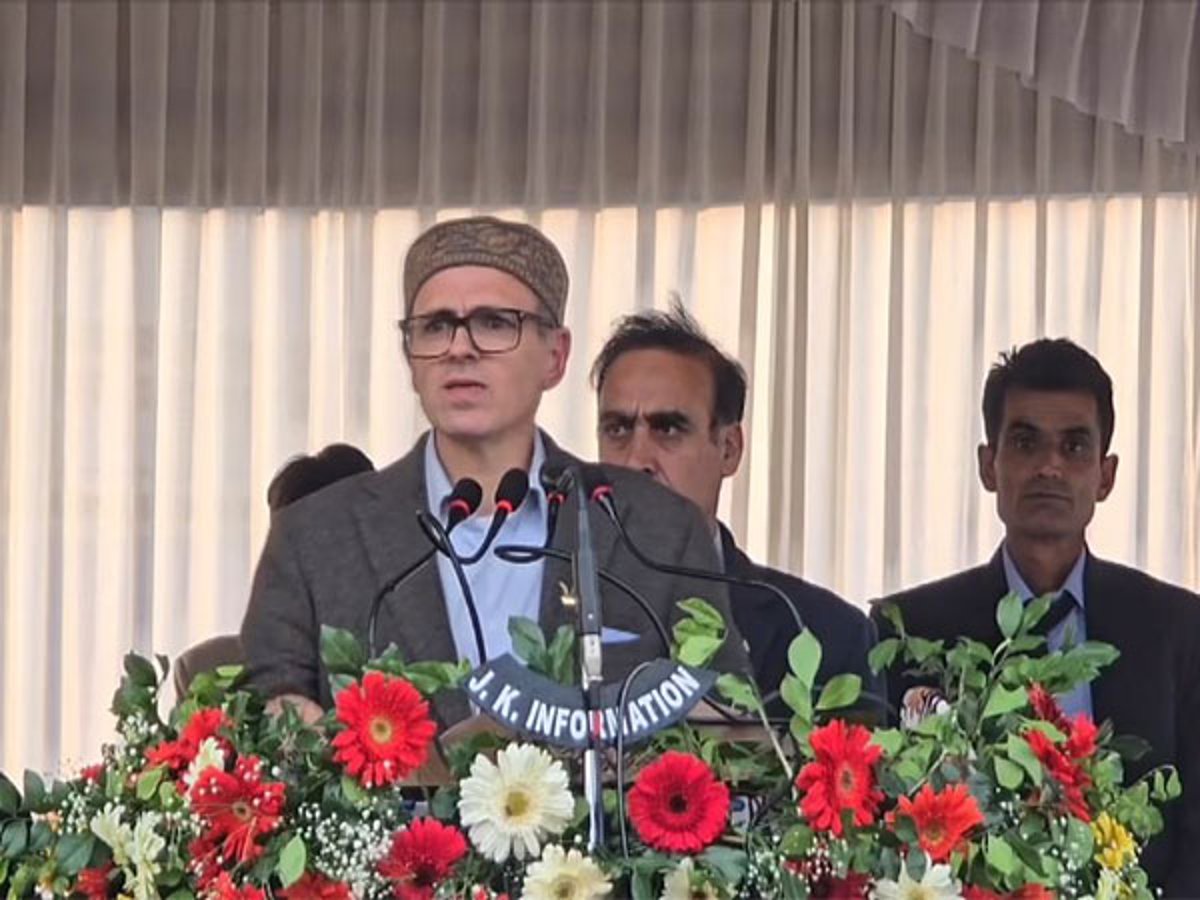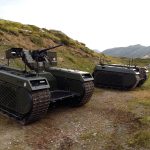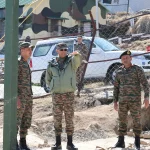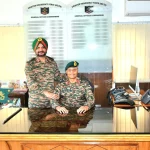The reported torture of five civilians by Army personnel in Kishtwar has sparked an outrage among political leaders in Jammu and Kashmir, particularly Chief Minister Omar Abdullah, who has called for a full investigation and the court martial of those implicated in the incident.
The controversy erupted following an announcement from the Nagrota-based XV Corps that an inquiry would be conducted into allegations of severe mistreatment of five residents from Kuath village. Disturbing video footage that has surfaced online depicts the individuals struggling to walk, with visible injuries on their faces, raising serious concerns about the treatment they received.
Media reports indicate that on November 20, the daily wage laborers were summoned to a Rashtriya Rifles base in the Mughal Maidan area of Kishtwar for questioning. After hours of detention, they were released, yet they appeared to have endured significant abuse, with some reportedly needing to be carried from the site due to their injuries.
In light of these developments, the White Knight Corps acknowledged the troubling claims and stated, “An investigation is being launched to ascertain the facts. Necessary follow-up action will be ensured.” Abdullah, addressing the media, emphasized the necessity of a comprehensive and transparent inquiry, insisting that if evidence of wrongdoing by the soldiers is found, they must face court martial and appropriate punishment.
The Chief Minister reflected on the troubling history of such incidents in the region, remarking, “It is unfortunate that our people have not learned anything from the past.” He recalled previous occurrences where civilians faced grievous consequences after being summoned to military camps, some tragically losing their lives due to torture. Abdullah expressed gratitude that the recent victims survived, yet he lamented the persistent cycle of violence and abuse that has plagued the area, highlighting the need for accountability and reform within military practices to prevent recurrence of such incidents.













